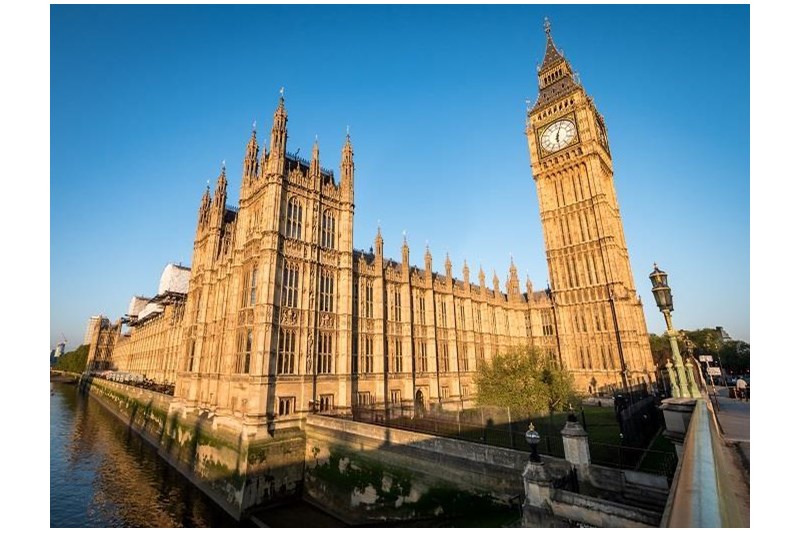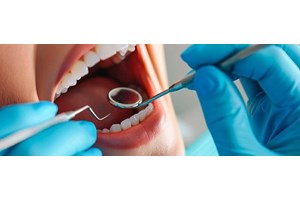Health minister questioned by MPs on the dental access crisis
Published: 18/10/2023
In the House of Commons, Steve Barclay, the health secretary, has faced questions from multiple ministers concerning the future of NHS dentistry provisions.
The first question came from Aron Bell, MP for Newcastle-under-Lyme, who explained that he had been meeting with dental professionals in his constituency regarding access issues. Aron said he “welcomes” the government’s plans to “increase the number of dentists” and reiterated his support for plans to open a dental school at Keele University. However, he noted that something needs to be done in the short term, which the backlog of overseas clinicians waiting to take the registration exam would be able to help fix. So, Aron inquired if the secretary of state had plans to “expedite” the process.
Steve informed the minister that the government is “taking both long-term and short-term actions.” While the long-term plan is to “boost the number of dentists being trained”, Steve explained that changes have already been made to allow the “General Dental Council the flexibility to improve the way professionals are registered, giving more flexibility in terms of the skills mix and, for example, tripling the number of people sitting part 1 this year, so that more overseas professionals can be recognised and qualified to practise in the UK.”
In October, the Labour Party announced its intention to create a supervised toothbrushing scheme with a view to tackling childhood tooth decay. Wes Streeting, MP for Ilford North, pointed out, “Across the country, the number one reason children aged six to 10 are admitted to hospital is tooth decay.” Given this research, Wes asked the health secretary if he planned to adopt Labour’s scheme.
Steve replied, “We are reforming the NHS workforce more fundamentally, looking at how we expand the roles that dental hygienists and dental therapists can perform. We are looking at how we can boost training, which is why we have made the commitment for more dentists in the long-term workforce plan, backed by £2.4bn. How does that help? It increases the number of dentists being trained, and we have a quarter more activity compared with last year.”
The waiting list at Norfolk and Norwich University Hospital currently stands at “85,000 people”, began the next question from Clive Lewis, the minister for Norwich South. He went on, “Ukrainian refugees who come to my constituency are travelling back to war-torn Ukraine to have their teeth seen because there is a better dental service there than in Norfolk and Norwich.”
In response, Steve said, “we have 6.5 per cent more dentists now than when we came to power. There is also a quarter more dental activity this year compared with last year.” The minister then stated that Norfolk has benefitted from funding for two new hospitals and “significant funding into diagnostic capacity, with a number of diagnostic centres being opened”.
Author: N/A








.jpg?width=150&height=100&scale=canvas)




